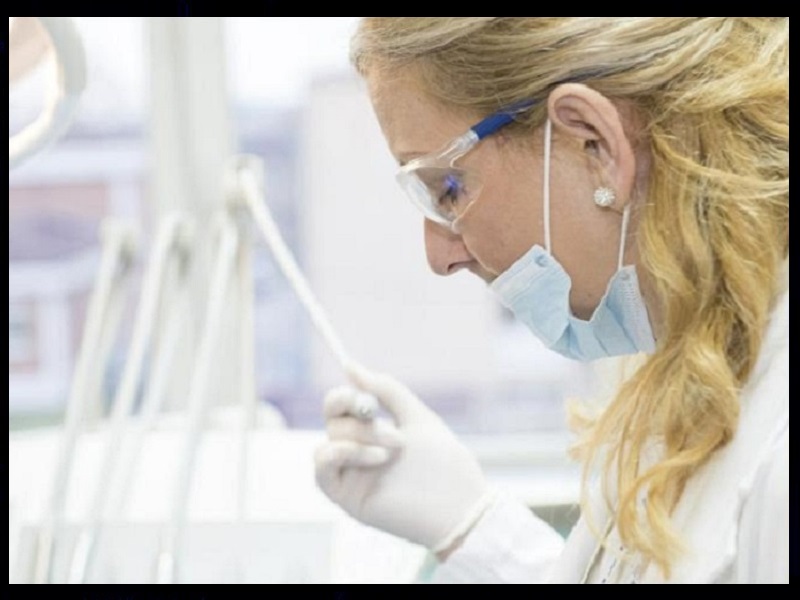VANDERBILT RESEARCHERS WORKING TO DEVELOP BRAINS IN A DISH

It sounds like something out of a ’60s sci-fi movie. But it’s real.
Researchers at Vanderbilt University are working toward building a brain in a dish.
And they say it all starts with studying brain cells.
Assistant Professor of Mechanical and Biomedical Engineering Leon Bellan says they needed to figure out the “right environment to keep some of these cells alive.” He said researchers determined the cells could live outside the body in a special gel, called a hydrogel.
Bellan likened it to a gelatin dessert – one that cells love growing in and on.
Bellan and Assistant Professor of Chemical & Biomolecular Engineering Ethan Lippmann are working on developing 3D models of human organs to help drive drug testing and neuro-degenerative disease research.
That research would encompass not only Alzheimer’s and dementia, but also Parkinson’s and other related diseases.
Lippman envisions the development of what he calls organoids, models of human organs.
The pair has already created a blood-brain-barrier model, duplicating the endothelial barrier that prevents some things in the blood from passing into brain tissue.
Their next step would be to develop a brain so they can test prospective drugs for viability of correcting certain diseases.
“We would be equipped to study how the brain and its vasculature degrade in the face of disease,” Lippman said. “We would have a very robust model system that we could then use to probe all of these things that we’re very interested in and then hopefully help bring drugs to the clinic faster.”

